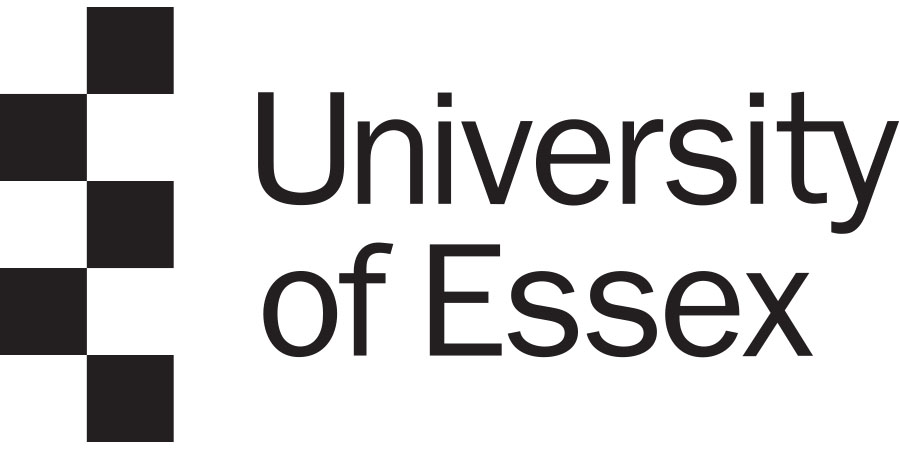PhD Studentship: Co-Production, Climate Resilience, and Accountability: A Pathway to Localising Sustainable Agendas
University of Essex - Business / Sociology
| Qualification Type: | PhD |
|---|---|
| Location: | Colchester |
| Funding for: | UK Students, Self-funded Students |
| Funding amount: | Living costs stipend at the UK Research and Innovation recommended level per year. The stipend for 2024-25 is £19,237. The rate for 2025-26 TBA. |
| Hours: | Full Time |
| Placed On: | 21st November 2024 |
|---|---|
| Closes: | 7th February 2025 |
| Reference: | 11369 Business_Sociology Oct 2025 |
Project Overview
This is an opportunity to conduct fully funded interdisciplinary research under the ‘Sustainable Transitions – Leverhulme Doctoral Training Programme’ at the University of Essex. This project explores the intersection of co-production, climate resilience, and accountability as a strategy to localise the global sustainable development agenda. As climate change disproportionately affects vulnerable communities, it is crucial to develop localised, inclusive approaches that integrate local knowledge and address unique environmental and social challenges. Co-production, where multiple stakeholders collaborate—governments, citizens, NGOs, and businesses—offers a suitable framework for this purpose.
The project will explore how co-production can potentially strengthen community climate resilience by enabling participatory decision-making that reflect local priorities. A key focus will be on accountability mechanisms to ensure that all stakeholders, particularly marginalized groups, have an equal voice and that commitments are followed through at local, national, and international levels. The project will test the case for interdisciplinary collaboration in creating equitable, sustainable solutions to climate challenges at the community level.
It will analyse existing co-production frameworks, evaluate their effectiveness in building resilience, and identify areas for improvement in accountability. By aligning the principles of co-production with the need for climate resilience and stronger accountability, this study aims to provide actionable recommendations for public policies. These insights will help localize the sustainable development agenda, making it more effective in addressing climate change at the grassroots level.
Interdisciplinary Focus and Methods
The project integrates insights from public governance, community development and empowerment, and social accountability. By synthesizing environmental studies with participatory governance and socio-economic analysis, it addresses the complex dynamics of climate resilience. This approach bridges scientific understanding of climate impacts with social justice, ensuring that local voices are heard in decision-making. Parts of the project will utilize ethnographic methods to understand climate resilience in countries/regions most impacted by climate change in the Global South.
Training and Support
You will be supported through the Sustainable Transitions training programme which provides initial training in interdisciplinary research methods, training in the secondary discipline within the project area and ongoing training throughout the duration of the programme. All scholars benefit from the support of Proficio which entitles you to £2,500 that can be used to purchase training courses either within or external to the University. Additionally scholars are entitled to £10,000 that can be used to cover research costs and further training. Scholars are encouraged to audit masters and degree level courses where appropriate. You will also have the support of the Sustainable Transitions management team, as well as your own supervisory team. All Sustainable Transitions scholars will become part of the University of Essex ‘Centre for Environment and Society’ through which events and networking opportunities are available.
Person Specification
This opportunity is suited for candidates with a degree or background in social sciences, sustainability studies, public policy, governance, development studies, or any other related fields. It is not necessary for the candidate to have prior training in sociology, ethnography, participatory methods or interdisciplinary research as this will be provided on the programme.
Research Proposal
The project area is broadly defined, leaving scope for the applicant to develop their own specific research proposal as part of the application. The successful candidate will further develop their proposal in close consultation with the supervisory team. Further details are available via the above ‘Apply’ button.
Advert information
Type / Role:
Subject Area(s):
Location(s):









